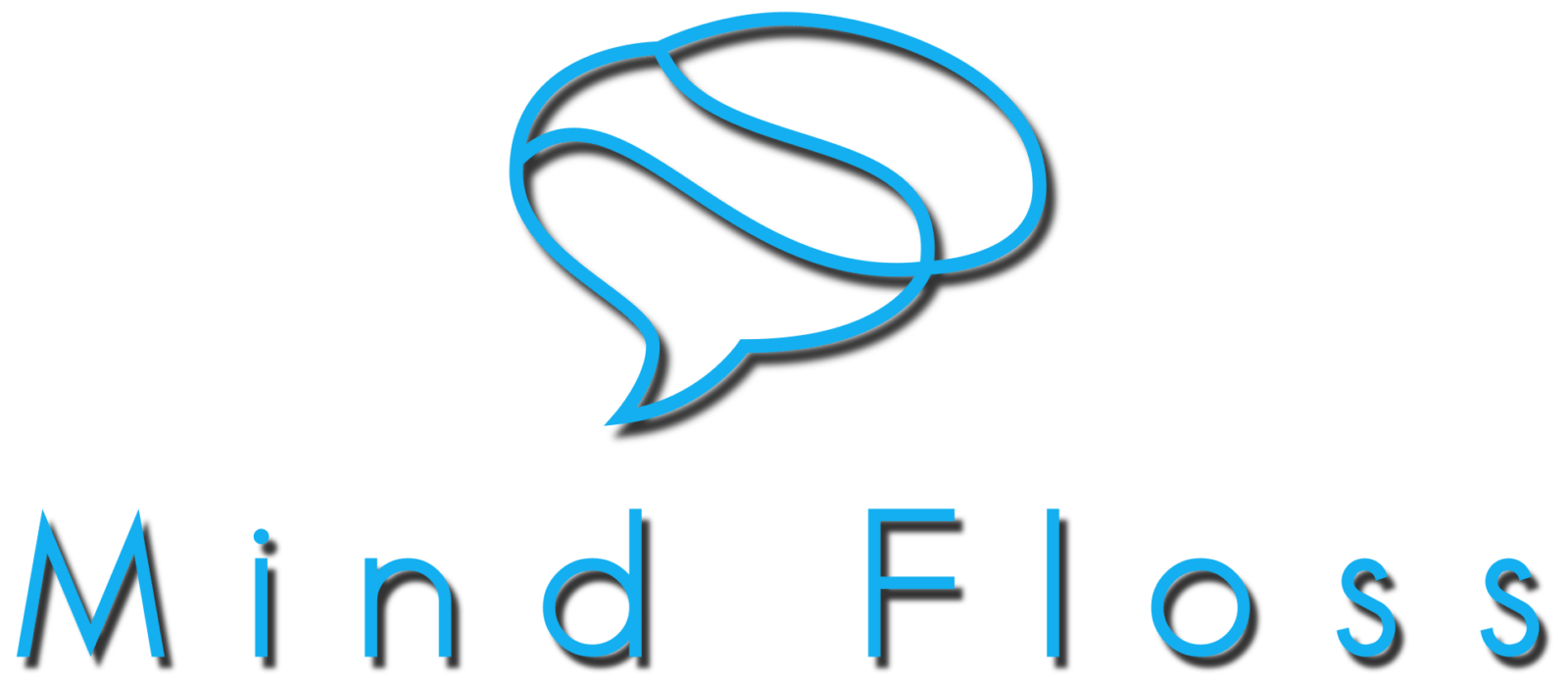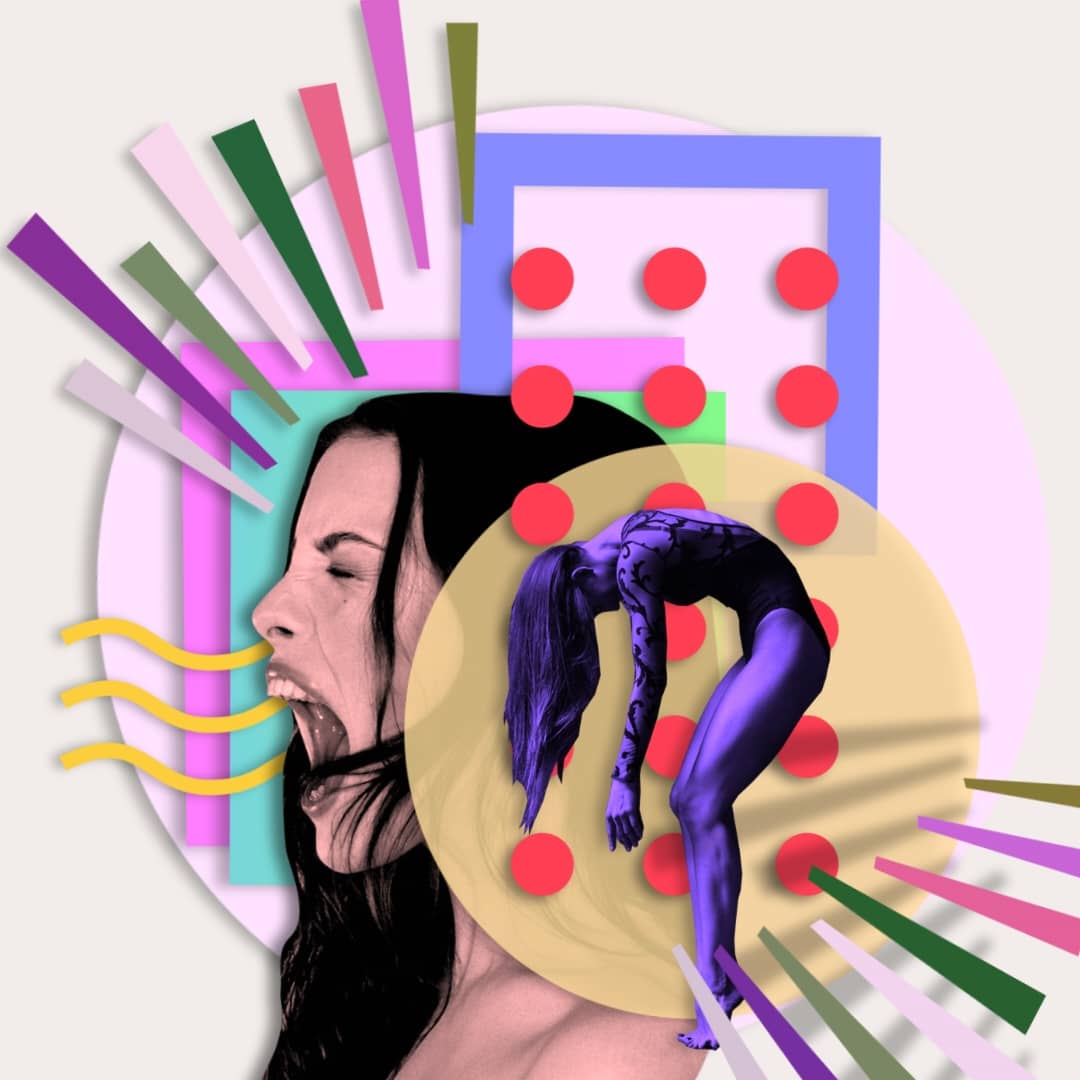Solution Focused Hypnotherapy can be an effective treatment for reducing, and even eliminating chronic pain. It can enhance the effects of pain managing mediations and other treatments, as well as treating the emotional and mental impact, so that we cope better and start living again. The primary focus of my method for treating chronic pain is based on the Pain Gate Theory.
Ronald Melzack and Patrick Wall first proposed the pain gate theory in the 1960’s, and hypnotherapy has been strongly associated with it ever since. The theory explains that the experience of pain is mediated via a “gate” in the base of the brain at the spinal cord. This gate can open and close and can inhibit or enhance the experience of pain depending on multiple factors. The theory reveals that our feeling of pain is not stemming from of pain receptors in the body, but rather a complex process involving stimuli in the central nervous system.
So where does hypnotherapy fit in with the pain gate theory? Hypnosis works to shut down the pain experience by activating descending inhibitory pathways. This process inhibits the transmission of the pain signals. As a result, the pain gate can be closed off, and therefore the pain experience is reduced or eliminated.
Hypnotherapy is well documented as a successful treatment for chronic pain. A review published in the Journal of the American Medical Association in 1999 found it effective in reducing pain for a variety of conditions such as IBS, cancer pain, migraines, postoperative pain. It can even replace the need for pain medication.
Furthermore, in addition to reducing the sensation and effects of pain, hypnotherapy has extra positive benefits for sufferers. It improves sleep, treats underlying depression and anxiety, and improves life quality and mental well-being.
If you are burdened with the impact of chronic pain, remember that there is hope, your journey to a life without pain is within reach. Solution Focused Hypnotherapy can close off that pain gate and provide you with the comfort you seek.
Your pain does not define you, but the steps you take to address it can redefine your path to a healthier, happier you.




